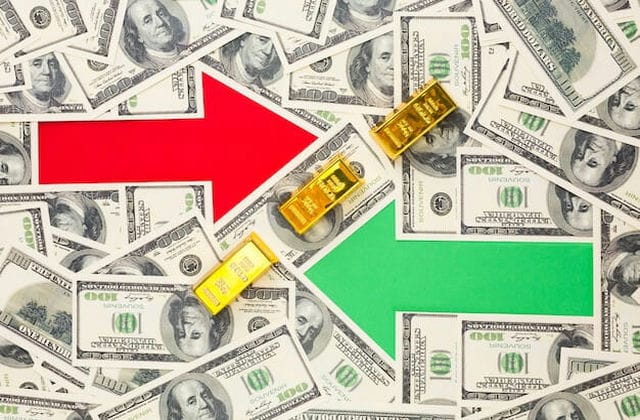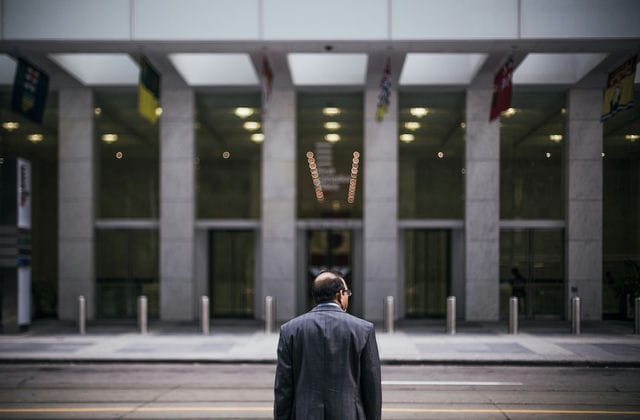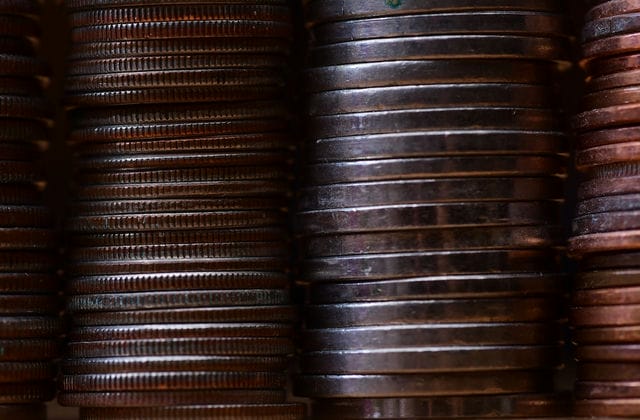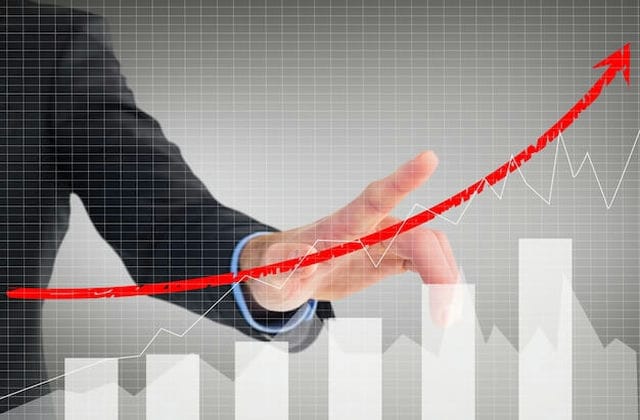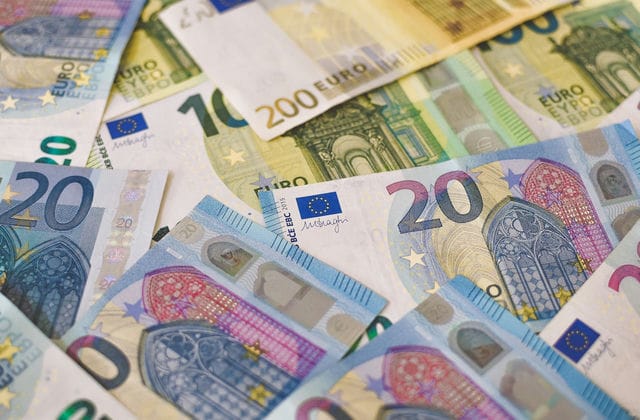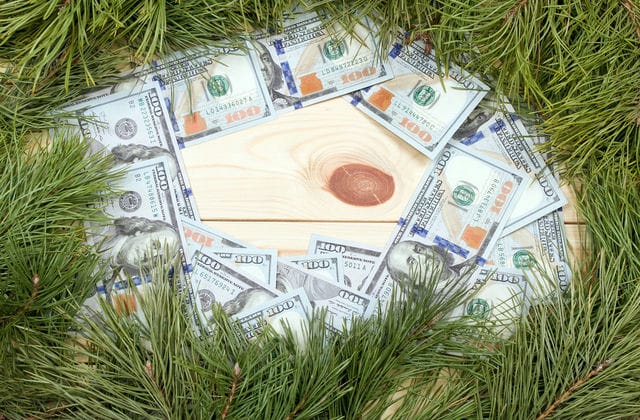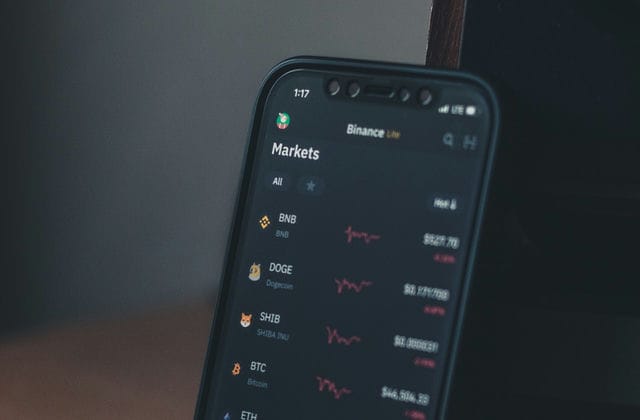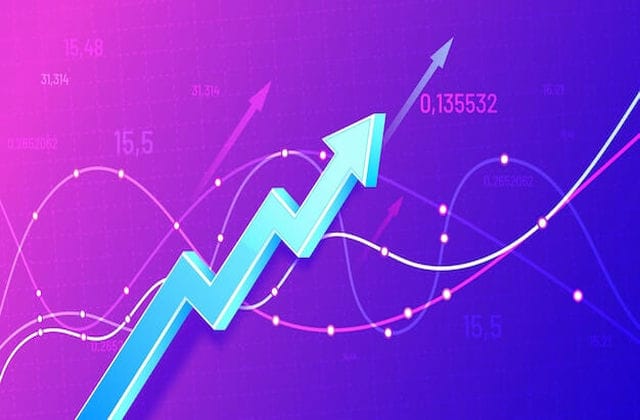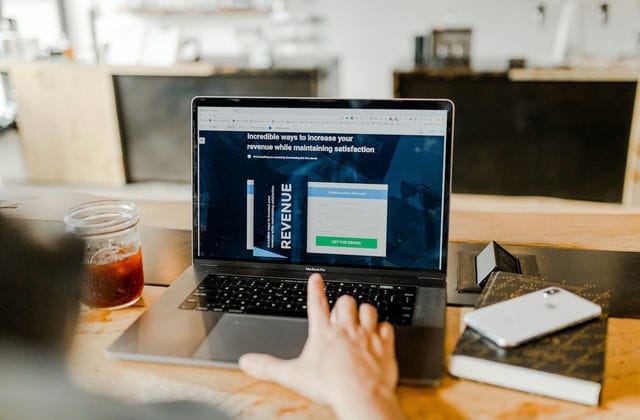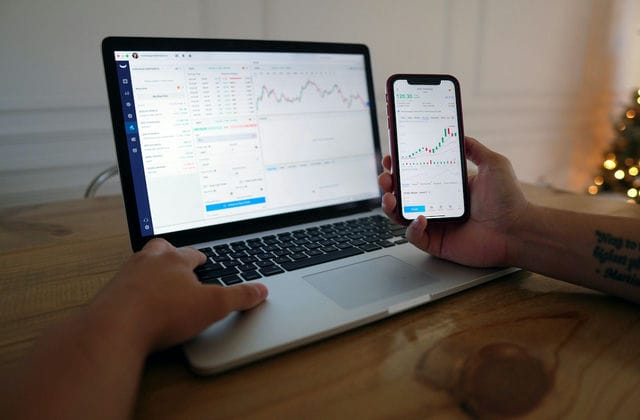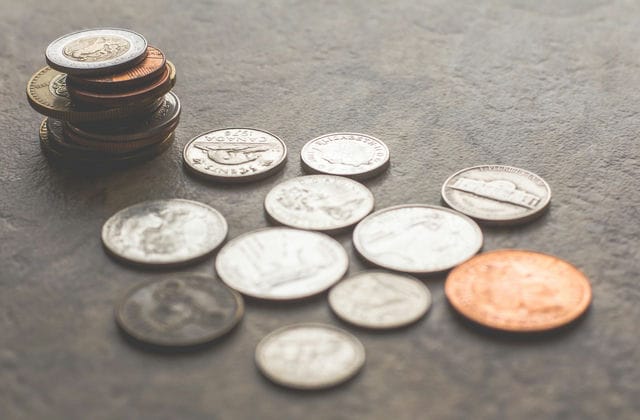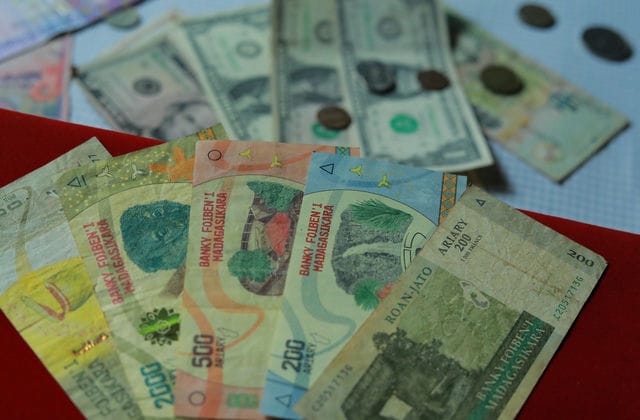There are some companies that are inherently riskier than others. Just look at the unprofitable biotech companies whose stock prices fell from the sky to the ground after their miracle drugs failed to pass FDA approval. This brings us to another important point: If a company's performance is heavily dependent on the actions and reputation of one person, then you should be wary: The stock is naturally several notches riskier than the average stock. Indeed, after the Martha Stewart lawsuit in June 2002, the share price of Martha Stewart living omni media, the company named after "Martha Stewart", fell by almost half.

6, Did management conceal expenses?
Throughout a company's history, write-offs and restructuring expenses are often unavoidable. However, if a company has a habit of including "One-off" Expenses year after year, be wary: This effectively makes it impossible for investors to know exactly how profitable the company is. For example, the retailer Kmart, before it collapsed in 2002, continued to charge everything as a one-off expense, from closing poorly-run shops and writing off outdated inventory to "Repositioning" Its internet business. Michelle "Cayman, chief investment officer at new Amsterdam partners, a new York-based investment management firm, who has studied the series of expenses, says, "It's so typical. They've been including all of this in expenses, and the competition hasn't."
Kleiman advises that if you find a company that has had one-off expenses in at least three of the last five years of its earnings statement, be wary of the stock. In fact, her research found that in 70 per cent of cases, the stocks of such companies consistently underperformed the S&P 500. Check the notes at the back of the financial statements for an explanation of one-time expenses; sometimes they come from initiatives that actually benefit the company, such as paying down debt early by refinancing at lower interest rates. Generally speaking, however, such expenses are bad news for those interested in investing.
7, Is the company living within its means?
Even if the company's profits look good at the moment, such good times will hardly last if the company has accumulated a large pile of long-term debt. Before buying any stock, you need to see how much debt is on the company's balance sheet - too much debt is risky, as reduced sales or rising interest rates could jeopardize the company's ability to service the interest on its debt. If you're in debt, you not only have to be on the right track, you have to know when you're on the right track or you're dead," Says bob "Osteen" Osteen, founder of the financial alert fund. Furthermore, creditors have a priority right to compensation: The company must first pay the interest on the debt, but is not obliged to distribute dividends to shareholders. To determine whether a company is over-indebted, divide long-term debt by total capital (debt plus shareholders' equity - both of which can be found on the balance sheet). If the result is greater than 50%, there is a good chance that the company is more indebted than it can repay.
But it's not just debt that's getting companies into trouble. Options - an addition to executive remuneration in the usual sense - can be a costly payment for shareholders. In the notes to the company's annual report, the company's earnings after taking into account options must be disclosed. Be sure to read this section: Options can turn reported earnings into losses in the blink of an eye, just as in 2002, if apple computer, applied materials and Charles Schwab had included options in their costs, their earnings would have turned out quite differently.
8, Who's in charge of the big picture?
Assessing the quality of a company's management team is often not an easy task for the average outsider. However, experts believe that there are still some traditional indicators that investors should consider before buying shares. Fast-talking banking analyst mike mayo of Prudential Financial group suggests that investors read the letters that chief executives have written to shareholders in their annual reports over the years. See if the company's management is consistent in its message, if it changes tactics frequently, or if it blames external factors for the company's poor performance. If the latter is the case, avoid the stock.
Donald Saar, an assistant professor of chief executive and organizational behavior at Harvard business school, believes that even if the company's head office is telling the story of the management team's priorities, "If I see the company's head office in a big, new building, I’ll sell the stock. There are plenty of instances where shareholders' money is being misspent like that." Sal warns that investors should avoid companies that have the following things in their new headquarters building: Hanging architectural design awards, a waterfall in the lobby, or a helipad on the roof. While such warnings may sound a bit funny, Sal insists he means it: "Management says, 'we won, now we should put up a monument to celebrate.' but they didn't think, 'we won, but wait a minute: That might not guarantee that we'll win in the future too'."
- What is the company really worth?
If you buy in when the share price is too high, then even if you buy shares in the best company in the world, it will turn out to be the worst investment. Similarly, if you buy a stock at a low price, even if the company is fundamentally mediocre, it may become the star of your portfolio. But as Warren Buffett pointed out in fortune's "Investing guide 2001", investors tend to buy whatever is cheap, but they just don't buy stocks that way. In fact, investors always prefer to wait until the price of a stock rises before buying it.
Don't fall into this trap. If the stock you want to buy has recently traded on huge volume and is at a year high, find out what's behind it: The fact that the stock is being sought after by the crowd is not a reason to buy it. Retail investors are always willing to follow the crowd," says john nonfringe, a professor of finance at Washington state university. He is the author of the book investing like crazy: How psychological factors affect investing. He writes: "But if you're going to buy a stock because everyone else is buying it, aren't you going to be the last one to buy it? Wouldn't you rather buy ahead of the crowd?"
So, a stock's p/e ratio (stock price divided by earnings per share) is still the best and quickest way to measure a company's value. The general rule is that most value-seeking portfolio managers will not touch a company with a p/e above 30 times, even if it is in a growth industry (why?). If an investor wants to profit from investing in such a company, the company's return must be 50% higher than the overall market value). Remember, if you are calculating the p/e ratio based on earnings expectations for the coming year or the year after, then you are guessing, not calculating. The next key step is to review the cash flow statement to see if operations are generating positive cash flows (preferably growing cash flows). If a company's cash flow is consistently negative, then the rise in its share price is mostly wishful thinking on everyone's part rather than economic truth.

10, do I really need to own this stock?
There are about 15,000 publicly traded stocks on the us exchanges, so there is no one stock that you have to invest in. But often we wishfully believe that if we don't buy WorldCom or toys shares, we are missing out on a great opportunity to make a fortune. In most cases, we invest based on hearsay, which usually doesn't turn out well", says nonfringe. So here you have to promise yourself that you will not buy shares until at least after you have answered questions one to nine. If you invest on this basis, then you will hold your shares firmly, whether the market is sinking or floating. You will also be comforted by knowing that you are investing for long-term financial gain and not gambling.


